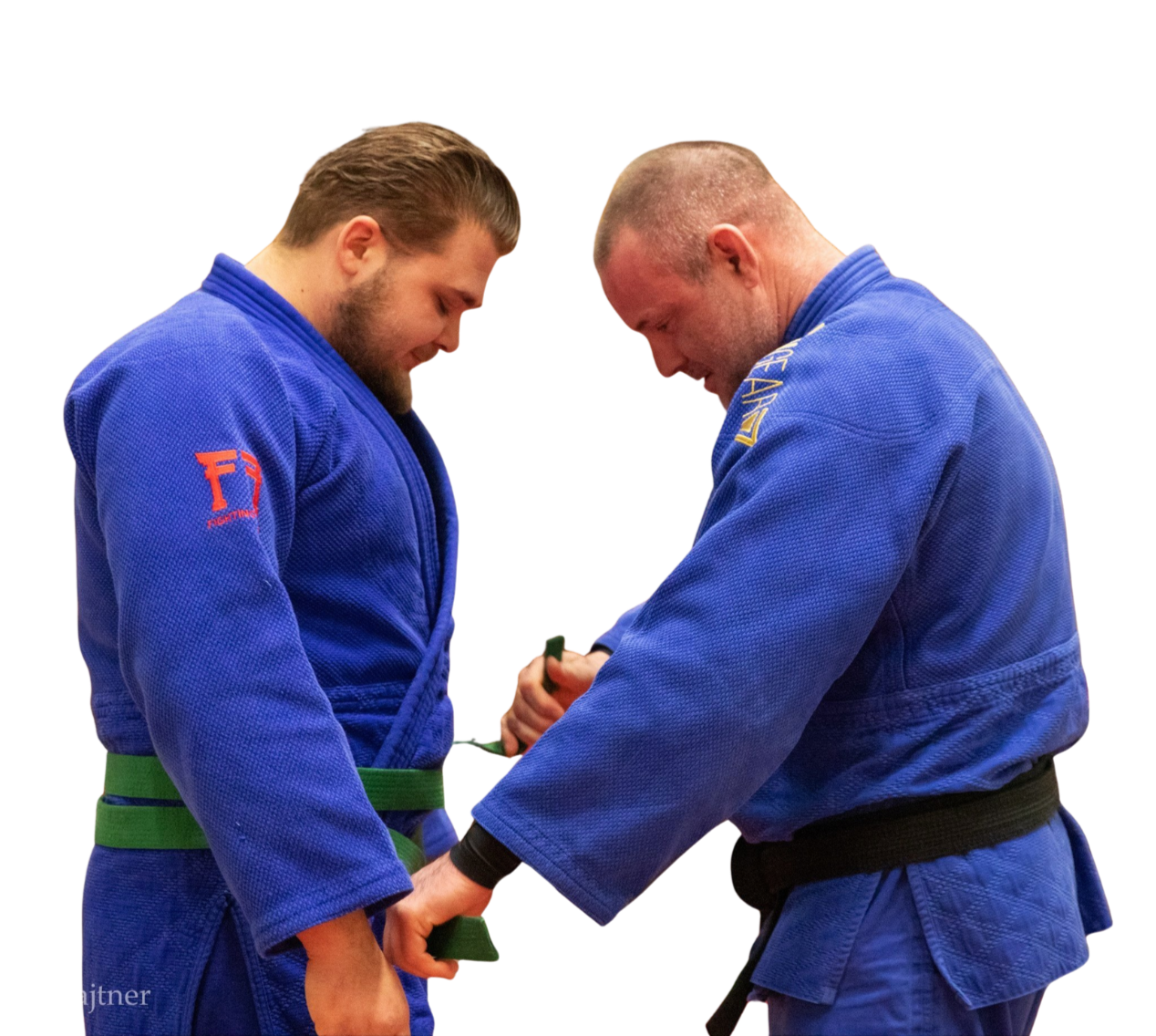FINDING YOUR FEET
ADULTS JUDO
LADIES JUDO
KIDS JUDO
ADAPTIVE JUDO
FINDING YOUR FEET ADULTS JUDO LADIES JUDO KIDS JUDO ADAPTIVE JUDO
JOIN AN EMPOWERING COMUNITY
At Northampton Judo Club, we are a community of like-minded individuals united by a shared passion for Judo and the philosophy that underpins it. Since our founding in 1982, our coaches have embraced a vision to nurture and pass down the rich knowledge of Judo, grounded in the timeless principles of respect, discipline, and perseverance.
We believe these values transcend the dojo, offering lessons that positively influence all aspects of life. Whether you are an experienced Judoka seeking to refine your skills or a newcomer eager to embark on this journey, we warmly welcome you to join us. Together, we strive for self-improvement, camaraderie, and the pursuit of excellence in an environment that inspires growth and connection.
At Northampton Judo Club, we are deeply committed to fostering the physical abilities, as well as the mental and emotional resilience of our Judokas. We believe that Judo is not just a sport but a holistic practice that strengthens both body and mind.
Our team of skilled coaches brings a wealth of experience and unique teaching methods, creating a diverse and enriching learning environment.
By tailoring instruction to each individual student’s needs, we ensure that every Judoka receives the guidance and support necessary to grow, excel, and achieve their personal goals.
Who we are
Since its establishment in 1982, Northampton Judo Club has stood as a beacon of excellence in martial arts, fostering a rich legacy of world-class coaches and Judokas. Over the decades, the club has built a reputation for nurturing talent, producing champions, and promoting the values of respect, discipline, and perseverance inherent in Judo.
The club’s storied history continues to inspire its members, encouraging them to embark on transformative journeys of both physical and mental growth. Through the practice of Judo, Northampton Judo Club remains committed to empowering individuals, fostering community, and upholding its proud tradition of excellence in martial arts training.
Judo equips you with essential self-defense skills and boosts your self-confidence in all areas of life. The ability to defend yourself and overcome a stronger opponent by using their strength against them is a valuable asset that permeates every aspect of your life, from personal safety to handling challenges with resilience.
Additionally, martial arts training sharpens your focus and enhances your problem-solving abilities, as you learn to assess situations, think quickly, and react effectively.
By acquiring self-defense techniques, you'll gain the confidence to protect yourself, not only within the dojo but also in everyday situations, knowing that you have the skills to handle potential threats. This sense of security extends far beyond the mat, empowering you to navigate life with greater strength and composure.


